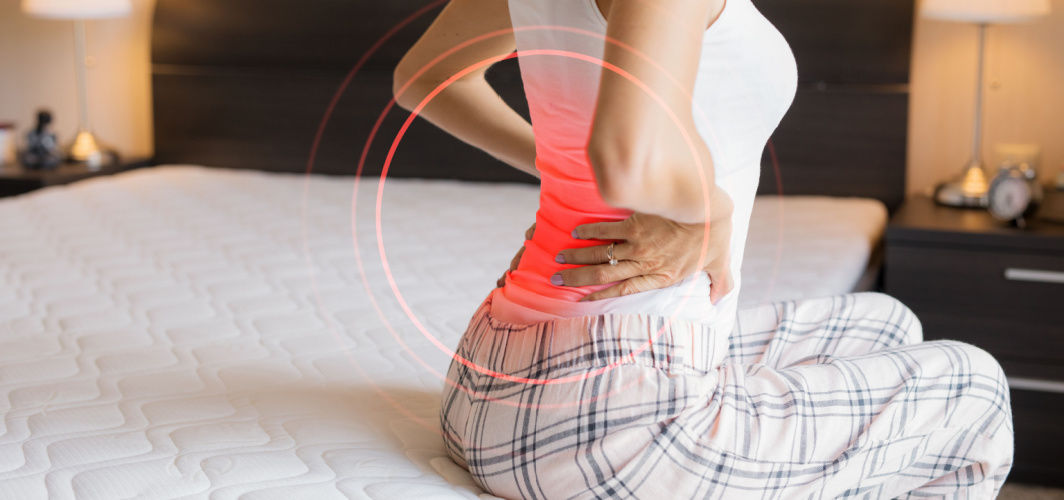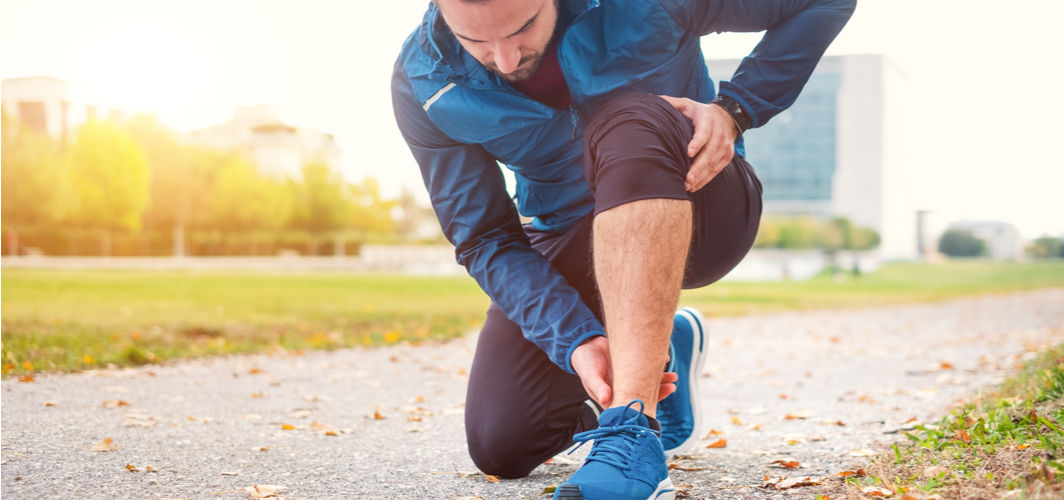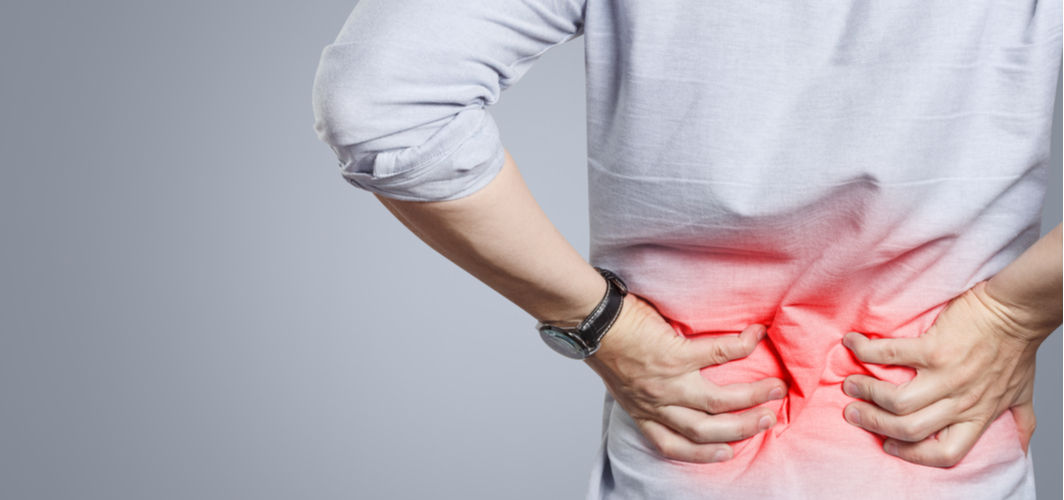Orthopedic Conditions
Is Poor Sleep Related To Lower Back Pain? Know What Science Says
4 min read
By Apollo 24|7, Published on - 15 February 2023, Updated on - 24 July 2023
Share this article
0
1 like

Lower back pain and poor sleep are the two most common issues that have affected a large chunk of the population significantly. These problems not only impact daily activities but contribute to deteriorating quality of life. Many people choose to remain ignorant about these two issues and keep continuing their lives without finding an immediate solution. This practice results in producing more serious health issues. To educate the masses on the interconnection between these two issues and how to find an immediate solution to relieve them, this blog was conceptualized. Let's know in detail.
Connection Between Poor Sleep and Lower Back Pain
Poor sleep or sleep deprivation can contribute to lower back pain and even make it worse. When you don't get enough sleep, your body doesn't have the opportunity to fully recover and heal, which can increase inflammation and aggravate pain in the lower back. Additionally, poor sleep can cause muscle tension and stiffness, which can further exacerbate lower back pain. Furthermore, poor sleep can also have a psychological impact, leading to feelings of stress and anxiety that can worsen the pain.
Conversely, lower back pain also interferes with your sleep pattern. People with lower back pain struggle to find a comfortable sleeping position, leading to restless nights and poor sleep quality. This sleep deprivation can worsen existing lower back pain, leading to a vicious cycle of poor sleep and extreme pain in the lower back.
Sleeping Positions to Alleviate Lower Back Pain
Different sleep positions can have different effects on the lower back. For example, sleeping on your stomach can put extra pressure on the lower back, increasing pain.
Here are some recommended sleeping positions for lower back pain:
- Sleeping on your back with a pillow under your knees can help take pressure off the lower back.
- Sleeping on your side with a pillow between your knees can help align the spine and reduce pressure on the lower back.
- Sleeping on your stomach with a pillow under your abdomen can help reduce pressure on the lower back. It may not be suitable for everyone as it can strain the neck.
- If you struggle to sleep in a bed due to lower back pain, sleeping on a recliner or a specialized sleep chair can help relieve pressure on the lower back.
To best understand which sleep position is best suited in your case,
Consult An Apollo's Orthopaedic Doctor
Tips to Improve Sleep and Relieve Lower Back Pain
Here are a few steps that you can take to improve your sleep quality and relieve lower back pain.
- Invest in specialized mattresses and pillows designed to provide optimum support to your spine and back by distributing the pressure points throughout your body.
- Try to establish a proper bedtime routine, which means going to the bed and waking up at the same time every day. By maintaining a consistent sleep schedule, you can help regulate your body's internal clock.
- Try improving your sleep environment, which means making sure your bedroom is cool, dark and quiet while you hit the sack.
- Maintain good sleep hygiene. This can include setting a regular sleep schedule, creating a relaxing bedtime routine, and reducing exposure to screens before bedtime.
- Practice relaxation techniques like deep breathing, meditation and progressive muscle relaxation, which can all help reduce stress and tension in your lower back.
- Perform gentle exercises like swimming and walking that can improve circulation and reduce stiffness in your lower back. However, make sure to consult a back pain specialist before starting any exercise.
- Consider pain management techniques like over-the-counter pain relievers, hot and cold therapy, and massages which can alleviate lower back pain. But it is always wise to consult a physician before you start doing so.
Poor sleep and lower back pain often go hand in hand and can worsen each other. To overcome both, understand their connection and seek help from a doctor or therapist. With the right treatment and changes, you can break the cycle and regain control of your health. For more information,
Consult An Apollo's Orthopaedic Doctor
Medically reviewed by Dr Sonia Bhatt.
Orthopedic Conditions
Leave Comment
Recommended for you

Orthopedic Conditions
Gout: Causes, Diagnosis, and Management of This Severe Form of Arthritis
Gout is a complex form of inflammatory arthritis accompanied by sharp pain, redness, swelling, and stiffness in the joints.

Orthopedic Conditions
Don’t Ignore Your Back Pain! It Can Be Sciatica
Consistent back pain can be a sign of sciatica. Read to know the ways to prevent it.

Orthopedic Conditions
Sharp pain in the heel? These could be the reasons!
Heel pain can occur due to stress or injury. However, it can be treated easily with the help of medical appliances, comfortable footwear, physical therapy, and medication.
Subscribe
Sign up for our free Health Library Daily Newsletter
Get doctor-approved health tips, news, and more.
Visual Stories

10 Foods That Are Unhealthy for Your Bones
Tap to continue exploring
Recommended for you

Orthopedic Conditions
Gout: Causes, Diagnosis, and Management of This Severe Form of Arthritis
Gout is a complex form of inflammatory arthritis accompanied by sharp pain, redness, swelling, and stiffness in the joints.

Orthopedic Conditions
Don’t Ignore Your Back Pain! It Can Be Sciatica
Consistent back pain can be a sign of sciatica. Read to know the ways to prevent it.

Orthopedic Conditions
Sharp pain in the heel? These could be the reasons!
Heel pain can occur due to stress or injury. However, it can be treated easily with the help of medical appliances, comfortable footwear, physical therapy, and medication.